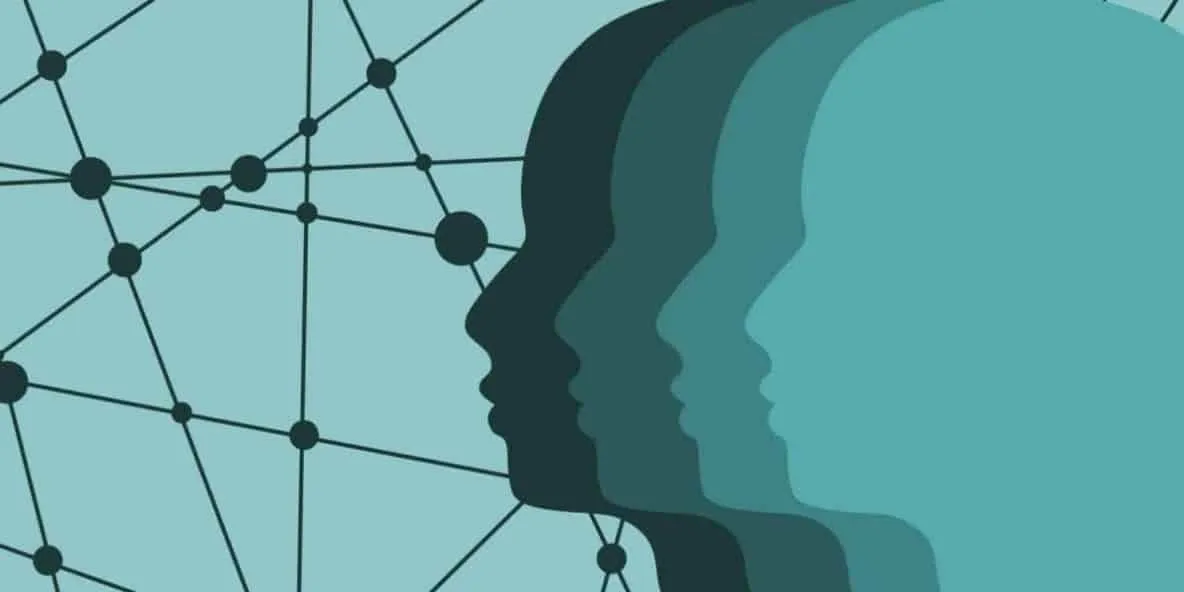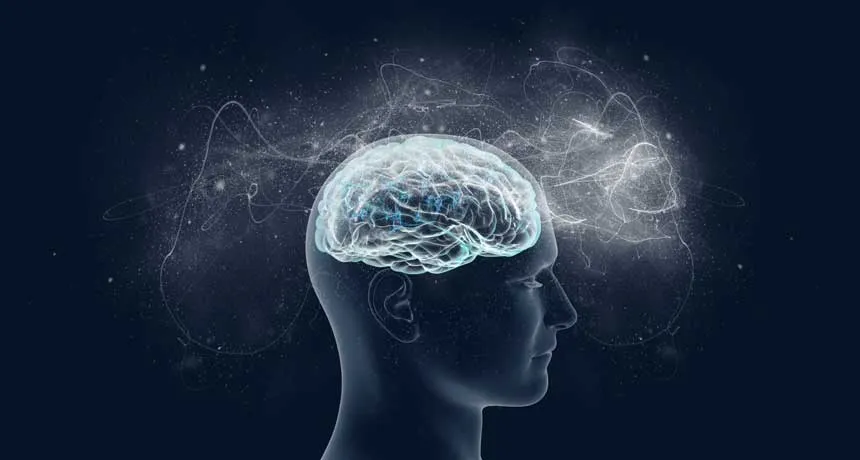Today we are going to talk about the psychology of the mind in the area of finding the core of a certain problem. The whys and the how’s.

Why does it matter?
In simple words, if we do not figure out the whys in our psychological problem we cannot cure or change any aspect of ourselves. Most often we rely on curing the consequences of a certain problem rather than the core problem itself. This may result in some masking of the real trouble by accepting certain ways of living to avoid the trouble and not facing the real threat itself. We begin to live and create our future identity around this psychological blockage so we do not face it because that for us is uncomfortable.
Be comfortable in the unpleasant
One of the most crucial steps to fixing our problem is accepting that we will feel uncomfortable. Some kind of struggle, pain, or unpleasant sensation is necessary so we may change the problem. Fearing the uncomfortable is going to get you nowhere, embrace the unknown and be consumed by it because that is how you may proceed.
Why do we fear the unpleasant?
I want to touch quickly on why we actually try to stay away from changing. First of all, we love to feel pleasure, in a strong way we are driven by our own happiness, so we strive for achieving that. Everything which does not satisfy us is left behind and avoided. Second of all, it is something rather different for us. When we begin to change an aspect of ourselves, we are doing something out of our comfort zone. Just by this alone we tend to have discomfort, because of the unknown and the potential dangers it may present. Third of all, we love to exaggerate this feeling of discomfort so much that we create anxiety which gives us a false signal of potential real danger where there may not be any. This does not allow us to proceed further and develop some new habits.

The question chain
One of the tactics used to figure out the core of a problem is asking questions, asking the whys over and over again until you hit the bottom of the cause. Until you find when, how, and why the problem occurred in the first place.
For example, I have anxiety. To figure out the main cause of it I need to firstly understand the feeling itself, what do I feel when I am anxious, what happens with my body. Then I ask why does the problem occurs. We can ask ourselves what is the problem trying to make me feel – anxiety tries to make you avoid certain situations because the mind convinces you that they may be lethal where in reality the most of the time are exaggerated and you won’t die if you do the actual thing which causes this response. You then proceed to ask more and more questions until you get to the cause of the problem.
The best practice of the question chain technique is, for me, to sit in a comfortable position by yourself, in a meditative state, and ask yourself questions, then answer them and proceed further. If you cannot answer more, give it a break and observe your surroundings for clues leading to the answer to your question. The clues may be presented by visual imagery, thoughts, or more synchronicities. If you ask you will be granted the answer at some point, somehow.
The “dead” end
There will be a time where you think you have hit a dead-end; you cannot figure out the cause of your problem and asking questions does not provide you with more answers. This usually means that you already know the cause of your problem, because your problem may have been caused by an event that traumatized you the most. What do I mean by that? Let me explain… When you seek an event that has started your anxiety, for example, you do not automatically try to find the first occurrence where you have had a negative experience with your fear, but you try to find your climax event. So if I am anxious because of clowns, I fear them and I get a negative emotion while they are around me – if I would want to find the cause of the problem, I do not seek to recall the first occurrence where I have had an anxiety attack because of clowns, but I try to find the event I remember most vividly because this event is most likely to be the cause of the problem, the climax where I have started my actual anxiety. Because psychological problems develop gradually over time and a climactic event usually is the main cause of the problem. Something so traumatic happened at that point in time which has marked your whole life.

I have forgotten?!?!?
What actually happens if you forget the cause of your psychological problem? Luckily, you never forget anything, you consciously do not recall the cause, but subconsciously do. The tricky part is to find and unlock the cause of the problem. Your cause may be suppressed by trauma, you may have had some brain injury and many more things may have happened which leads you to lock this memory, but that is a form of defense mechanism. Your mind is trying to protect you by removing the trauma, by suppressing it, so as to minimize your potential suffering. By using some of the methods above you can try and find the cause. To unlock it, which leads to change and healing, but firstly it is going to be uncomfortable and can cause additional trauma.
In the end
Getting to the bottom of your problem is not a walk in the park. It is traumatizing in some cases, because you may relive your traumatic experience. If you really begin to suffer from unlocking this trauma seek professional help, really go see someone that can help you. Unlocking the root of the problem is the first step to healing yourself, but be cautious with the number of emotions and damage which may follow up. And till tomorrow. Take care!
